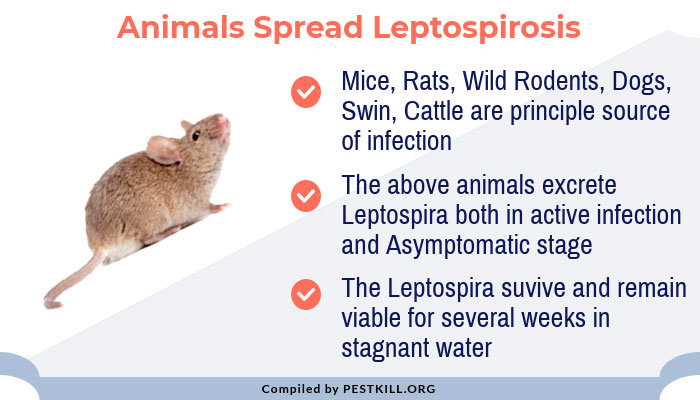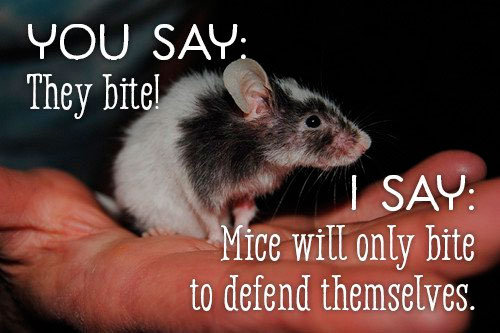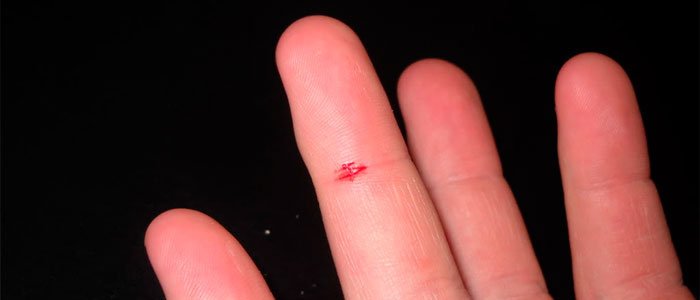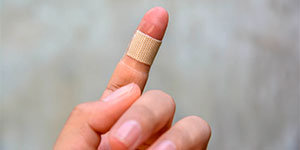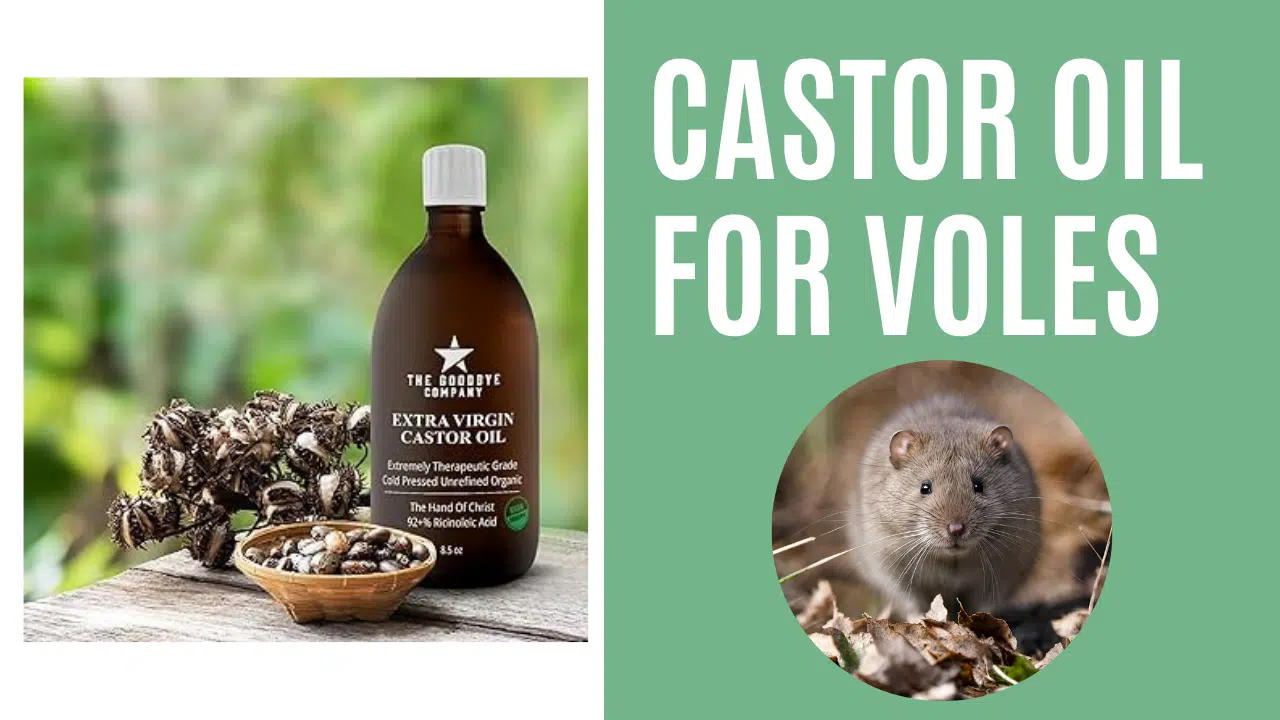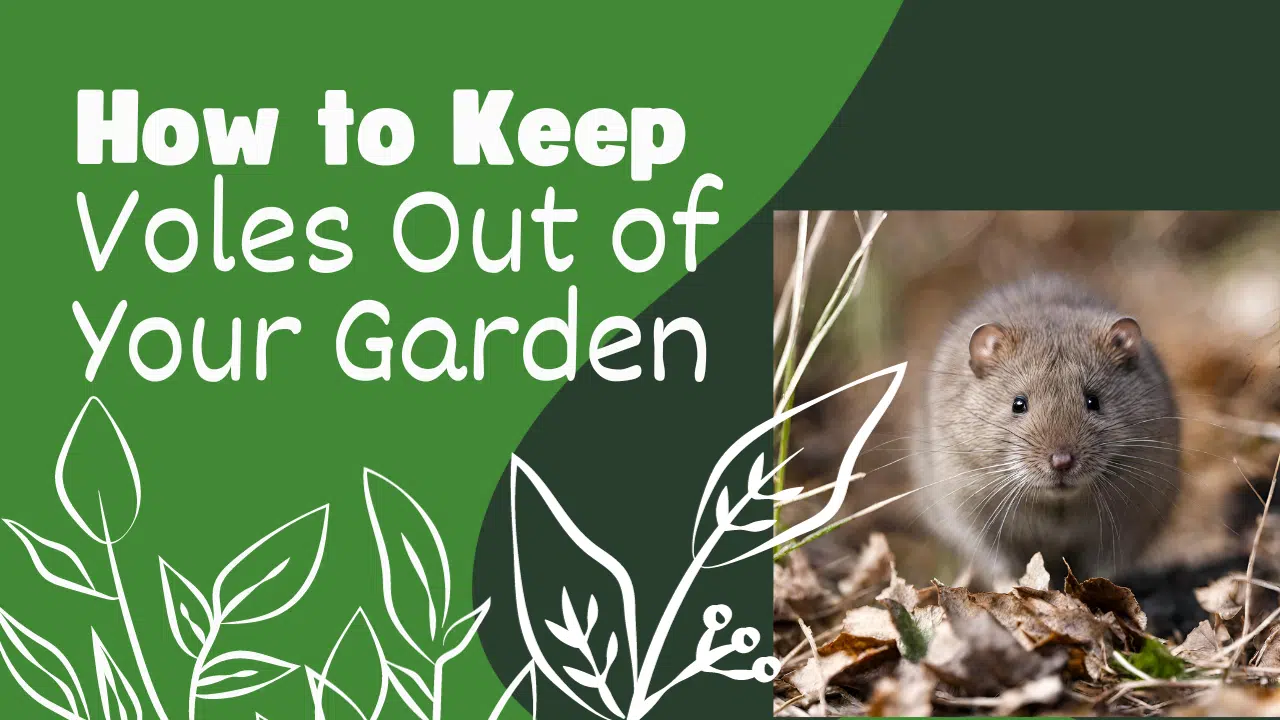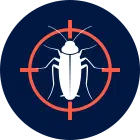
- LAST UPDATED: December 5, 2023
Are you worried about having mice in your home? Have you seen a mouse in your residence and you’re not sure if it’s a field mouse or a house mouse? If you’ve seen mice recently and you’re worried you may be at risk of a mouse taking a hearty chunk out of you when you’re asleep, then you probably want to know how to protect yourself and your family.
Mice are carriers for over 30 diseases, many of which are transmissible through their saliva. Here you’ll find information on if mice actually bite people if you’re really at risk when you’re sleeping, and what you should do if you do get bitten by a mouse.
Contents
Do Mice Bite Humans?
So you’ve seen a mouse in your house and now you’re nervous. You’re worried that you’re going to wake up with a hole missing from your arm or one of your toes chewed off from a hungry rodent. But do mice really bite people?
Before we can discuss the possibility of bites from these little vermin, we first need to talk about the difference between field mice and house mice so you can tell them apart.
Field Mice. Also known as “deer mice”, field mice are fairly different than their house mouse cousins in many ways.
Here are some key characteristics of field mice:
- Field mice have brown bodies with white feet.
- Their tails are shorter and have tiny hairs on them.
- They grow, on average, to be 7 inches long.
- They carry hantavirus.
- They lurk in your garbage outside and can bring disease inside.
- They climb.
- They gather food to eat later.
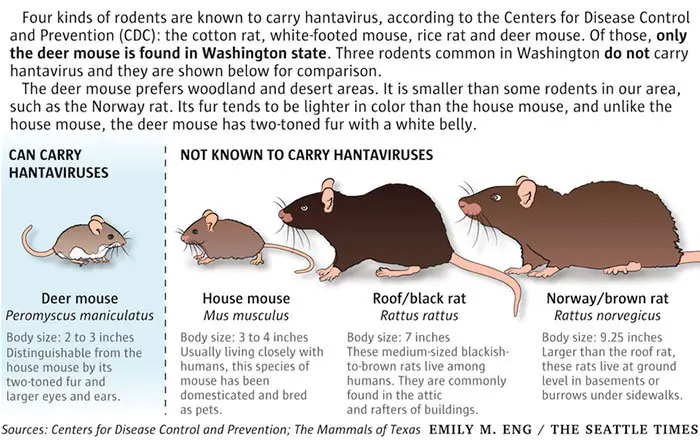
House Mice. House mice also have several key features to help you distinguish them from field mice.
Here are some of them:
- House mice come in a wide variety of colors, including solid gray, black, and brown.
- They have long hairless tails.
- They grow to be 5 inches long.
- They carry leptospirosis.
- They hide in your house and get into your food and other belongings.
- They’re very good jumpers.
- They eat as they forage.
Now that you know the major differences between these two types of mice, you can better determine if you’re at risk of getting bitten by one of them if you encounter them on your property.
Field Mice: Are You In Danger?
The good news is that, to a field mouse, you’re not even on their radar. Very rarely do field mice bite people? Most of the time, they’re more fearful of you than you are of them. However, that doesn’t mean that you’re completely in the clear. Occasionally, field mice do rear up and bite people.
Here are several reasons why a field mouse may bite a person:
- They’re cornered with no place to go.
- You’re reaching for them and they feel the need to defend themselves.
- They’re sick or diseased.
If you’re apprehensive that you’re going to randomly encounter a mouse in your home, click here to find out where do mice hide.
Be extremely careful around mice and don’t try to pick them up or handle them. A mouse doesn’t have to bite you to get you sick! A lot of their bacteria is in their feces and urine, and of course, that gets pushed into their fur. If you touch a mouse, you’re at risk of picking up any lingering bacteria that may be on their bodies.
What About House Mice?
The risk of getting a nasty bite from a house mouse is about as high (or as low, depending on how you look at it!) as getting a bite from a field mouse. Keep in mind that these rodents are going to try to defend themselves if they feel like you’re attacking them. But will a house mouse attack you unprovoked? It’s highly unlikely.
Just remember to ask yourself these questions when you are facing down a house mouse:
- Does the mouse feel trapped?
- Did you startle it?
- Is it defending a nest?
If you can answer “yes” to any of these questions, and you’re not wearing any protective gear, quickly step away from the mouse. The risk of disease just isn’t worth it.
Can Mice Bite You In Your Sleep?
We’ve all heard horror stories about someone who woke up to a mouse biting them. Or, even more, alarming are the stories where parents woke up and discovered that a huge rodent had bitten their child’s face. Does the thought of a mouse bite keep you up at night? Are you losing sleep because you think you’re going to become a mouse snack?

Mice are natural scavengers and will take any opportunity to find food, but most of the time, they don’t want to disturb you. Don’t give them any reason to sniff out your bed and you should be fine!
Just remember:
- Mice are scared of you! They don’t want to go near you if they don’t have to.
- It’s typically rats that bite people, not mice.
- Don’t give them any reason to approach you by not eating in bed. Crumbs are very attractive to mice!
If you’re terrified to close your eyes at night because you don’t know if you’re going to get run over by a dirty, disgusting mouse, click here to learn how to scare mice away for good.
Symptoms
A mouse bite can be very subtle and it might be hard to tell if you were bitten by one. If you’re not sure if you were bitten by a mouse, here are some of the major signs that you just were just bitten from a vengeful rodent:
- Puncture Wound
- Pain
- Redness Around the Injury
- Skin Swelling Up
- Bleeding
- Numbness
What Does It Look Like?
Your fears of finding chunks missing from you are fortunately mostly unfounded. Typically, a mouse bite is a tiny puncture wound and it usually occurs on the hand or fingers of someone who startled a mouse and wound up in its escape route.
What Happens If A Mouse Bites You?
If a mouse bites you, don’t panic! Most of the time, you’re not at risk of a major infection. However, occasionally an infection at the injury site does develop. Some people are more susceptible to it than others.
If you get bitten by a mouse, your first step should be to wash the wound with soap. If you feel anxious, definitely call your doctor. They may advise you to come down to the clinic to have the bite looked at. They may even prescribe antibiotics for you to take.
Other times, they may simply tell you to clean the wound, put an antibacterial cream over it, then place a bandage over the bite. They may also suggest that you monitor the injury for infection.
The Dangers of Bites
Mice are carriers for over thirty different types of diseases, including hantavirus, rat-bite fever (RBF, which also can be transmitted by mice), lyme disease, typhus, and pox.
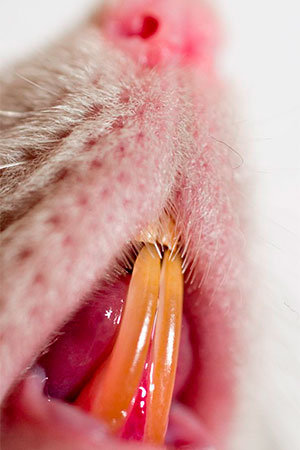
Streptobacillary RBF symptoms normally show up 3-10 days after exposure and include:
- Fever
- Vomiting
- Headache
- Muscle pain
- Joint pain
- Rash
Spirillary RBF (aka Sodoku) symptoms usually show up 7-21 days after exposure and include:
- Fever (that comes and goes)
- Ulcer at the bite
- Swelling at the bite
- Swollen lymph nodes
- Rash (which starts after the wound starts to heal)
During the Middle Ages, the bubonic plague – known back then as the “Black Death” – was transmitted by rodents, including mice. Luckily, getting the plague from a mouse is incredibly rare. Occasionally mice are vectors for rabies, so please contact your local health department if you’re concerned.
 Never touch a mouse with your bare hands. Many of the germs and bacteria on a mouse isn’t in its mouth, it’s on its fur. If you absolutely have to touch a mouse, make sure you use thick, heavy-duty gloves to handle it. Throw the gloves in the wash or garbage immediately afterward, and scrub your hands and arms up to your elbows with soap just to be safe.
Never touch a mouse with your bare hands. Many of the germs and bacteria on a mouse isn’t in its mouth, it’s on its fur. If you absolutely have to touch a mouse, make sure you use thick, heavy-duty gloves to handle it. Throw the gloves in the wash or garbage immediately afterward, and scrub your hands and arms up to your elbows with soap just to be safe.The biggest risks that you face if you get bitten by a mouse is developing a serious infection. Elderly people, babies, and those who have weakened immune systems are at a greater risk, so if you get bitten by a mouse, please keep an eye out for any of these symptoms of an infection:
- Your pain is getting worse.
- You’re starting to get a fever.
- The redness gets worse.
- Red streaks start to radiate from the wound.
- Your lymph nodes (in your neck, groin, or armpit, or by the wound) swell up.
- You develop cellulitis (which is redness, heat, tenderness, and swelling at the wound site).
What Treatment Should You Seek?
It’s completely normal to be anxious if you get bitten by a mouse. However, it doesn’t do you any good to panic or hyperventilate.
If a mouse bites you, follow these steps:
- Wash the wound carefully with soap and warm water.
- Check for remaining debris in the wound. If there’s anything stuck in it, carefully remove it.
- Gently apply hydrogen peroxide to the wound.
- Apply an antibacterial cream.
- Cover the wound with a bandage.
- If you still feel anxious, contact your local health center for a booster for tetanus. Tetanus boosters are usually recommended when people have “dirty wounds”. A dirty wound is a wound that happens outdoors, contains foreign material or dirt, or one that is caused by a bite.
Being smart about mice is the best defense in preventing mouse bites. Mice are naturally very shy and timid creatures, but occasionally they get bold when they’re extra hungry or sick or feel like you’re posing a threat to them. By knowing all about the types of mice that bite people, if they will bite you in your sleep, what a mouse bite looks like, and how to properly treat a mouse wound, you can help keep yourself and your family safe from becoming a mouse snack.

